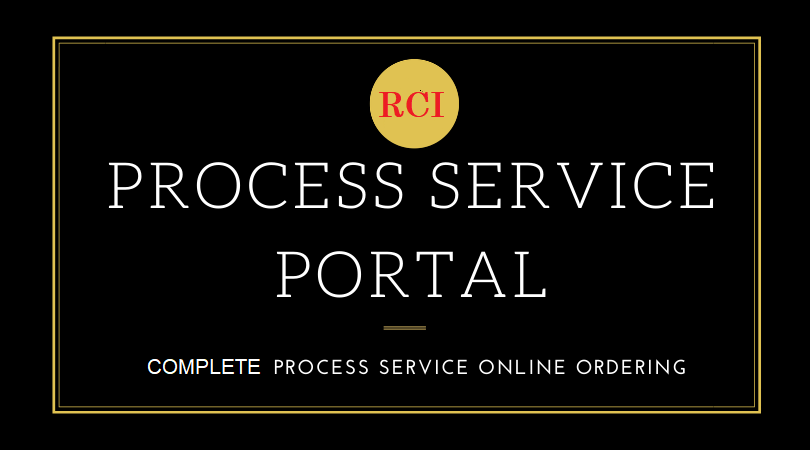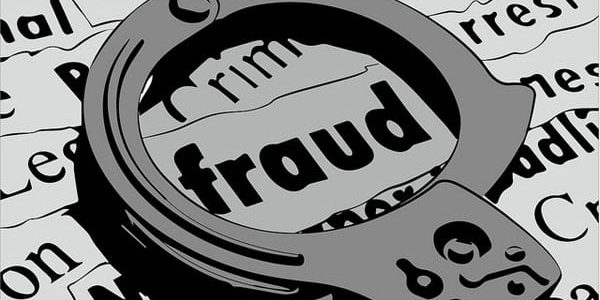Time Card Fraud
Timecard fraud means a loss of revenue for a company, just the same as if an employee steals a cash register full of dollar bills. Almost 45 percent of hourly workers have admitted to fudging the hours they work, and an astounding one out of five workers have admitted to “buddy punching,” or clocking coworkers in or out fraudulently.
There are certain job roles that are more prone to time card fraud, such as remote employees or outside salespeople who keep their own timesheets and submit them on a regular basis. How can you prevent time card fraud or catch a cheating employee?
Here is what time card fraud can look like:
- Employees participate in extended personal activities while on the clock
- Employees participate in any activities that are a conflict of interest while on the clock
- Employees arriving at work late but recording that they started on time
- Employees taking longer-than-allowed lunch or break times but not recording them as such
- Employees stating off-the-clock work that was not actually performed.
The first step is to make sure that your employees are aware of all company policies and procedures. When they were hired, they signed an employment agreement that outlined these rules – check with Human Resources to make sure such a document is in their file. With their signature, they are acknowledging that they have signed and agreed with all such policies, including any that pertain to electronic or handwritten timesheets.
As an employer, make sure you also set boundaries on how your employees can use company assets and try to enforce these if you see or hear of misuse of assets by an employee. Oftentimes, a verbal warning is all that is needed to change the behavior but make sure the employee knows that there may be larger repercussions for recurring instances.
You should develop a specific written policy regarding all timekeeping tasks. The more specific, the better. You should also train all supervisors and managers on any timekeeping wage and hour laws. Each level of management should know what to expect, what to look for, and how to handle any discrepancies. Another good idea is to always have a defined review process in place so that there is more than one set of eyes to check and sign off on the timesheets. This way questions can be asked, and documentation checked before the timesheets are submitted for payment.
The most important thing to do is to create and implement specific processes for any employees who work remotely or on the road to make sure timesheets are accurate and reliable. There are now time and attendance software, apps, GPS technology, and even biometric time clocks that can help in these circumstances and they worth investing in.
How Private Detectives Can Help
If you do suspect that an employee is committing time card fraud, you can hire a private investigator to confirm your suspicions. Investigators can perform surveillance to track where your employee is really spending their time. Did your salesperson log a meeting with a company, when they never went near their office? Did a remote worker log time, when they actually went to a baseball game? Surveillance can provide evidence.
If you decide to terminate your employee, the photo and video evidence provided by your investigator will help prove termination with cause and protect you against a lawsuit.
Investigators are also experts at uncovering any misuse of assets as well as screening employees before you hire them. They can conduct proper background checks, confirm or quell your suspicions that an employee is stealing from you, and they can also help to improve the security of your office by initiating programs aimed at minimizing theft. The best investment in your company may be the services of an investigator when it comes to time card fraud.








